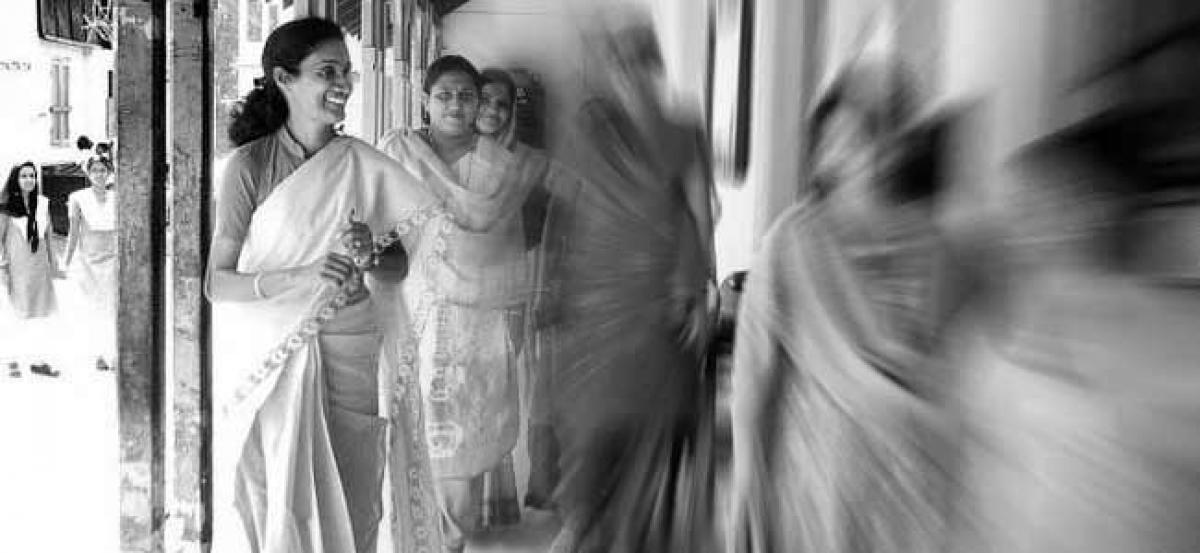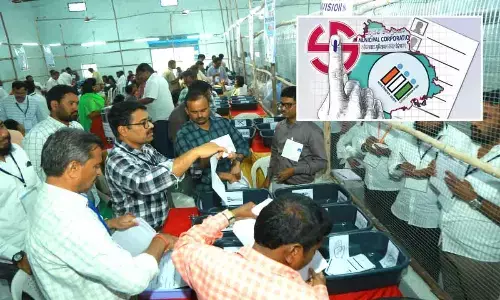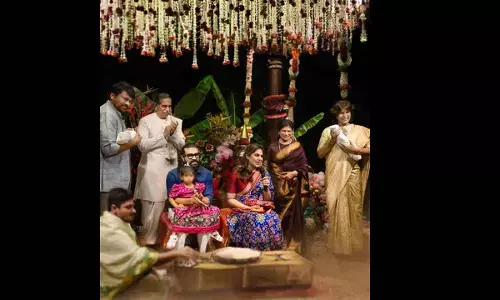Restrictions for Educating: Salwar-kameez still not an option for teachers

A government circular of June 22, 2018 that was issued by a section officer cited the education ministers orders that employees wearing Punjabi dress at work not be harassed The circular was wellreceived by women teachers, who have been demanding that the unwritten sari code be abolished However, two months later, women teachers are still not allowed to wear Punjabi dress
AHMEDABAD: A government circular of June 22, 2018 that was issued by a section officer cited the education minister’s orders that employees wearing “Punjabi dress” at work not be harassed. The circular was well-received by women teachers, who have been demanding that the unwritten ‘sari code’ be abolished. However, two months later, women teachers are still not allowed to wear “Punjabi dress”.
Salwar-kameez, colloquially called “Punjabi dress” in Gujarat, started a debate earlier this year, when an association of women teachers demanded permission to wear it as formal wear, instead of the sari. Of the two lakh teachers at 34,000 government schools in Gujarat, 62% are women. Pankaj Patel, president of the Higher Secondary Teachers Association of Gujarat, said that despite the circular, the majority of school trustees insist that women teachers to wear saris. “Many even argue that they have not received the said circular and are thus not bound by it,” he said.
Sonal Patel, president of the women’s wing of Higher Secondary Teachers Association, said they respect the sari as traditional formal wear, but the question is about how practical it is. “Sometimes, teachers are uncomfortable wearing saris. About 56% of higher secondary teachers are women. Many teachers have to commute long distances and saris may not be the best sartorial choice for some,” she said.
It’s not just about government and grant-in-aid schools — teachers even at private schools face the similar resistance. A circular issued by an Ahmedabad-based school mandated that women teachers wear saris for two days a week and for festivals and formal events. Shital Rajput, an Ahmedabad-based teacher, questioned why her male counterparts don’t have any such rules to follow, and why are only women expected to adhere to such norms.










